A new administration usually means that tax code changes may be looming. While it remains unclear exactly what tax changes President Biden’s administration will usher in, two possibilities that may be proposed are (1) lowering the estate tax exemption and (2) eliminating the stepped-up basis on assets at death. The first would affect only multi-millionaires, but the second could have an impact on more modest estates and their heirs.
In 2017, the Tax Cuts and Jobs Act doubled the federal estate tax exemption from $5 million dollars to $10 million (both indexed for inflation). Currently, the federal estate tax exemption is $11.7 million for individuals (up from $11.58 million in 2020) and $23.4 for married couples (up from $23.16 million in 2020). As long as an estate is valued at under the exemption amount, there will not be federal estate taxes due. In the United States, the vast majority of estates do not owe any federal estate tax. President Biden has expressed an interest in repealing the Tax Cuts and Jobs Act, which would have the effect of reducing the estate tax exemption to the 2017 federal exemption amount (adjusted for inflation) of approximately $5.6 million for individuals and $11.2 million for married couples.
Another possible tax change is to how property is valued when it is passed on at death. “Cost basis“ is the original value or purchase price of an asset or investment for tax purposes. When determining whether a capital gains tax is owed on property, the basis is used to determine whether an asset has increased or decreased in value. For example, if you purchase a stock for $10,000, that is the cost basis. If you later sell it for $50,000, you will have to pay taxes on the $40,000 increase in value.
Under current law, when an individual dies, the cost basis of the property owned by the decedent receives a “step-up” in basis. This means the current or fair market value of the property as of the date of the decedent’s death (absent any alternative valuation) becomes the basis to the recipient(s) of the property. For example, suppose you inherit a house that was purchased years ago for $50,000 and it is now worth $250,000. You will receive a step up from the original cost basis from $50,000 to $250,000. If you sell the property right away, you will not owe any capital gains taxes.
According to an article in the New York Times, the current administration may propose to eliminate the basis step-up rule. In the past it was difficult to determine the original cost basis of some property, but in the digital age that information is more easily gathered. This change could result in tax increases for many who inherit property that has risen significantly in value (i.e, a family home that has been passed down from generation to generation).
An open question is whether either of these changes will be made retroactively. It is unlikely, but possible, that if Congress changes these rules later this year, they could be made retroactive to the January 1st of this year.
Tax experts agree that while changes to the tax code are likely, they probably will not happen right away. The coronavirus pandemic and the recession it has triggered mean that Congress has other priorities at the moment. However, now is the time to be proactive to protect your assets from the potential tax changes.
If you are concerned about these rules changing, give us a call to discuss the potential tax implications on your current estate plan or, if you have not already, to create an estate plan. We will work with you to best protect your assets for your loved ones and to mitigate any adverse tax implications.


